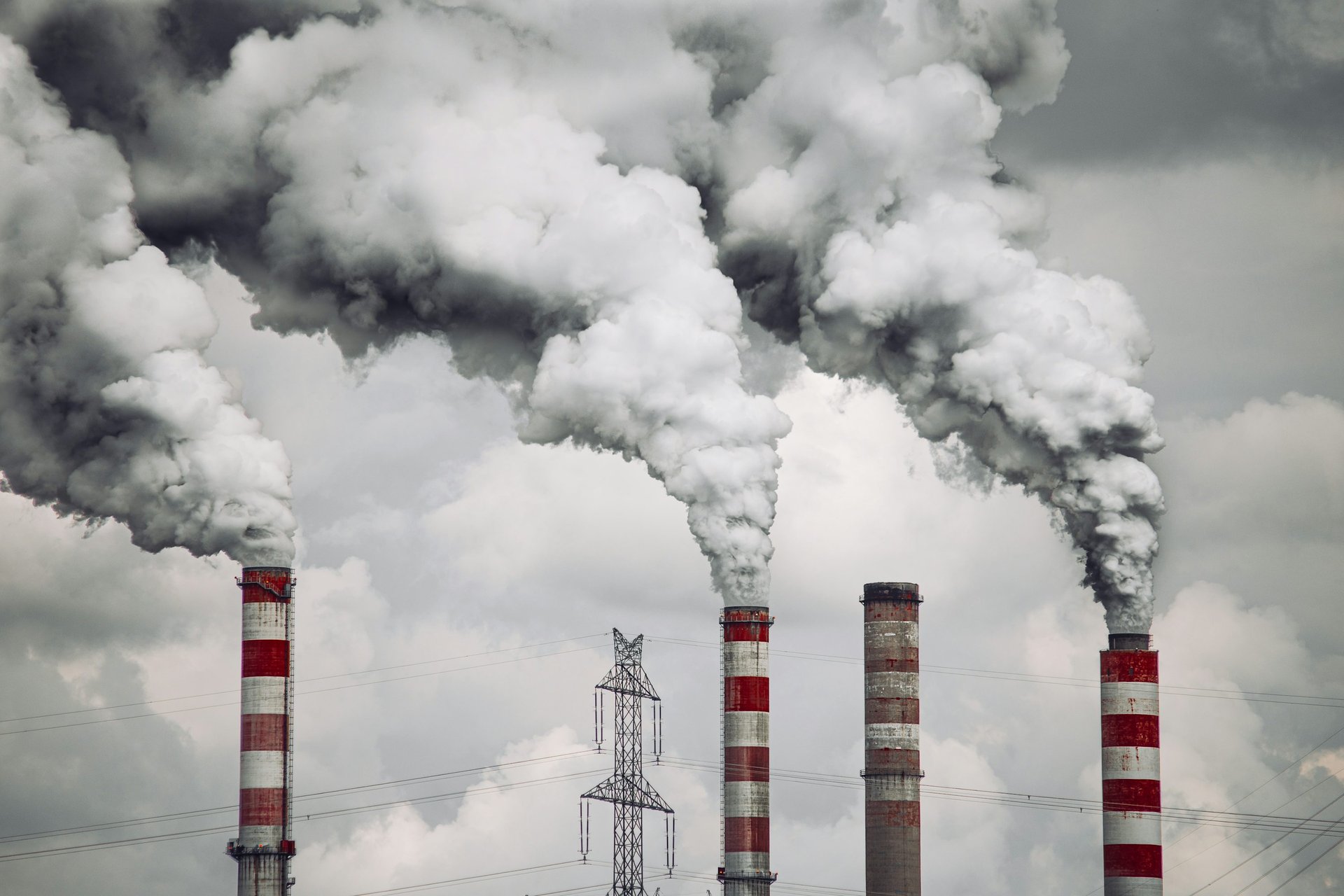
What is Pollution License?
A Pollution License, also known as an environmental permit or pollution control license, is a legal document issued by a government authority or regulatory agency to regulate and control pollution from industrial or commercial activities. It is a requirement for businesses and organizations that have the potential to release pollutants into the environment, such as air, water, or land.
The purpose of a pollution license is to ensure that these activities are conducted in a manner that minimizes their impact on the environment and human health. The license typically sets out specific conditions and limits on the type and amount of pollutants that can be emitted or discharged. These conditions may include the use of pollution control equipment, regular monitoring and reporting of emissions, and compliance with specific environmental standards and regulations.
Type of Pollution Licenses
Different types of Pollution Licenses exist, depending on the nature of the industry and the potential environmental impacts. Some common types of Pollution Licenses include:
Air Pollution License: This license is required for industries that release emissions into the air, such as factories, power plants, and refineries. It ensures that these establishments adhere to air quality standards and implement necessary pollution control measures.
Water Pollution License: Industries involved in activities that generate wastewater or discharge pollutants into water bodies need a Water Pollution License. This license regulates the treatment and disposal of wastewater to prevent contamination of rivers, lakes, and groundwater.
Hazardous Waste License: Businesses that produce, store, transport, or dispose of hazardous waste substances must obtain a Hazardous Waste License. This license ensures proper handling, storage, and disposal of hazardous materials, minimizing the risk of environmental contamination.
Noise Pollution License: Certain industries or commercial establishments that generate excessive noise levels require a Noise Pollution License. This license sets limits on noise emissions to protect the well-being of nearby communities and maintain noise quality standards.
Solid Waste Management License: Entities involved in waste collection, segregation, recycling, or disposal need a Solid Waste Management License. This license ensures compliance with proper waste management practices, reducing the environmental impact of solid waste.
It’s important to determine the specific type(s) of Pollution License(s) applicable to your industry or activities to ensure proper compliance.
What are the Benefits of a Pollution License?
Legal Compliance
A Pollution License ensures that businesses operate within the legal framework established by environmental regulations.
Environmental Protection
The primary purpose of a Pollution License is to protect the environment from harmful industrial activities.
Community Health and Safety
Industrial activities have the potential to impact the health and safety of nearby communities.
Resource Conservation
Pollution Licenses often encourage businesses to adopt sustainable practices that promote resource conservation.
Reputation and Stakeholder Confidence
Having a valid Pollution License enhances a company's reputation and credibility. It demonstrates a commitment to environmental responsibility and sustainability.
Competitive Advantage
In an era of growing environmental awareness, businesses with Pollution Licenses gain a competitive advantage in the market.
Why Pollution License is Required?
A Pollution License is required for the following reasons:
Environmental Protection: It ensures that businesses operate within specified environmental guidelines, minimizing harm to ecosystems and natural resources.
Legal Compliance: It ensures businesses comply with environmental laws and regulations, avoiding penalties and legal consequences.
Health and Safety: It protects the health and safety of communities by controlling and mitigating pollution-related risks.
Resource Conservation: It promotes sustainable practices, such as efficient resource utilization and waste management.
Public Accountability: It holds businesses accountable for their environmental impact, fostering transparency and responsibility.
Community Engagement: It encourages businesses to engage with local communities, addressing concerns and ensuring sustainable coexistence.
Market Reputation: It enhances the reputation of businesses as environmentally conscious entities, attracting customers, investors, and stakeholders.
Who can get Pollution License?
Chemical waste
Smoke Emissions
Fly Ashes
Medical Waste
Electrical Industry
Automotive Industry
Shipbuilding
Pharmaceuticals
Nuclear Fuel
Mining & Quarrying
Machinery
Construction
Document Required for Pollution License
Required Documents (Mandatory)
• Capital Investment on Land, Plant and Machinery (CA Certificate/Balance Sheet/Capital Investments).
• Process flow diagram (production details)-Manufacturing process
• Industry registration (MSME).
• Land Ownership Documents (Sale deed/Rent Agreement).
• NOC Local Body for proposed industry
• Detailed Layout Plan of the factory premise showing structures, water supply line, storm drain, sewers for domestic effluents, for trade effluents, location of effluent treatment and its disposal and any other useful information, drawing, tables etc.
• Detailed proposal of pollution control system
• PAN Card copy of Industry/ Proprietor PAN Card
• PAN & Aadhar Card of Proprietor/Partners/Directors
• Previous Consent copy (For renewal only).
Additional Documents, if required by authority
• Index/Site Plan showing the surrounding such as village, town, river, sea shore, transport routes etc
• Latest Joint Vigilance Sample analysis report (JVS Report)
• Company Authorization Letter
• Aadhar Card & PAN Card of authorized person
• Industry Board resolution/ List of Director/List of Partner of Company
• Product Mix Format
• Details of chemical reactions with mass balance
• Environmental Clearance of Government of Maharashtra or Government of India in case of 1st consent to operate in case of industries/process requiring environmental clearance.
• Ambient Air Quality Report
• Latest analysis report of effluent, fuel gases, solid waste & hazardous wastes
• TLV of raw material
• Water Budget Calculation
Process of Pollution License
The License process described below:
Advisory for the document required
Preparation of documents as per application & list of documents.
Application File
Inspection by the department if required
Liason department
Yearly Compliance if Applicable
Renewal when due
Who can issue the Pollution License?
Get in Touch with Us
Reach out for assistance with your pollution license applications today.


Pollutionlicense.com
Help
taxca2@gmail.com
+91 8741009775
© 2025. JAI SHREE SHYAM CHEMFOOD.All rights reserved.